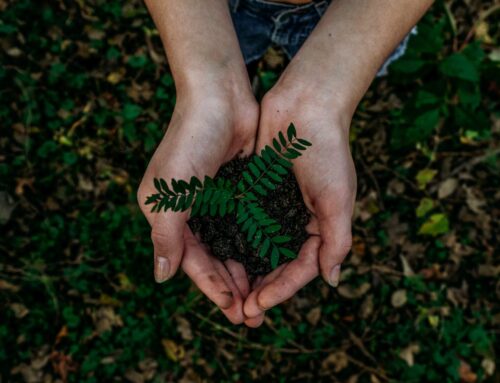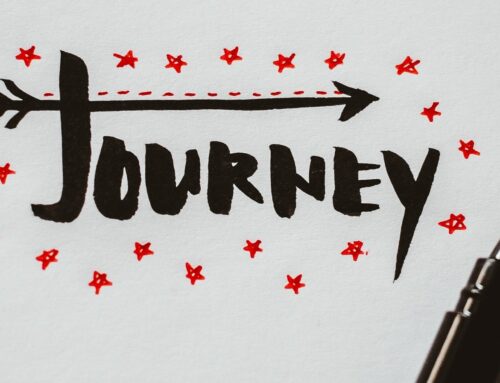In this blog, Rosemarie McIlwhan, Assistant Professor in the Learning and Teaching Academy, explores how open education practices and resources can enhance teaching and learning.
1-5 March is Open Education Week, a celebration of open educational practices and resources; however if you’ve never come across this community before you might be wondering why it’s relevant to you. Open education has multiple benefits to offer both learning and teaching, and research and scholarship, in this blog I focus on the benefits for learning and teaching.
What is open education?
Open education includes the use of open educational resources (OER) and open educational practices (OEP).
UNESCO defines Open Educational Resources (OER) as:
‘Open Educational Resources (OER) are teaching, learning and research materials in any medium – digital or otherwise – that reside in the public domain or have been released under an open license that permits no-cost access, use, adaptation and redistribution by others with no or limited restrictions.’
The nature of these openly licensed materials means that anyone can legally and freely copy, use, adapt and re-share them. OER include curricula, syllabi, lecture notes, assignments, tests, projects, audio, video and textbooks.’
Whilst Catherine Cronin (2017) provides a clear definition of open educational practices:
‘Open educational practices (OEP) is a broad descriptor of practices that include the creation, use, and reuse of open educational resources (OER) as well as open pedagogies and open sharing of teaching practices.’
Using open educational practices to enhance learning and teaching
Many of us in academia use open educational resources, often without even realising that they are openly licensed. For example many podcasts, TED talks, YouTube videos, images are openly licenced. So, why might you choose to use open educational resources? The benefits include:
- Free to use, reuse and adapt to suit your needs.
- Access resources that you might not be able to create yourself.
- Saves time and duplication of effort by using a resource someone else has already created.
- Access a wider range of resources than you could create, thus providing more options and diversity in support to students.
- Access and build on practice by experts in your subject area or beyond.
Many Universities and other institutions now provide some of their resources as open educational resources. This provides access to a wider range of materials and perspectives than we can access within our own teams or institutions. We can then adapt and reuse these materials as appropriate for our own courses and students. For example:
| Institution | Examples |
| University of Nottingham | Statistics – an intuitive introduction : variability |
| University of Edinburgh | Sustainable Global Food Systems |
| University of Oxford | Minerals and Petrology |
Many other institutions also produce OER or use open licences for some of their resources. You can use the filter ‘open licence’ in Google, YouTube and other platforms. For example, if searching for images, use the ‘open licence’ filter in Google or Flickr, or try a platform such as Unsplash or Pixabay which use public domain licenced resources (another form of open licence). Other good places to search include the OER Commons where you can search by level, users, subject amongst other filters and the Creative Commons Search.
As the global open education community celebrates open education week, why not take this opportunity to experiment with open educational resources? Or to learn a bit more about them. If you need some inspiration check out the Open Education Week library – who knows where open educational practices might take you!
References
Cronin, C., (2017), Openness and Praxis: Exploring the Use of Open Educational Practices in Higher Education. The International Review of Research in Open and Distributed Learning, Vol.18 No.5.
UNESCO (2019) Open educational resources [Online]. Available at https://en.unesco.org/themes/building-knowledge-societies/oer
Further resources
Beetham, H., Falconer, I., McGill, L. and Littlejohn, A., (2012), Open practices: briefing paper, JISC.
Cormier, D. (2013) ‘What do you mean…open?’ Dave’s educational blog, 12 April 2013.
Cronin, C., and MacLaren, I. (2018). Conceptualising OEP: A review of theoretical and empirical literature in Open Educational Practices. Open Praxis, 10(2), 127 – 143.
Jhangiani, R. S., (2019), 5Rs for Open Pedagogy, Rajiv Jhangiani Blog, 11 April 2019.
Pitt, B., McIlwhan, R., Macintyre, R., Page, A., Cannell, P., de los Arcos, B. (2016) Becoming an open educator, Open University.
Wiley, D., (2017), ‘How is Open Pedagogy different?’, Opencontent Blog, (nd).
Images: ‘Open’ by Viktor Forgacs on Unsplash






